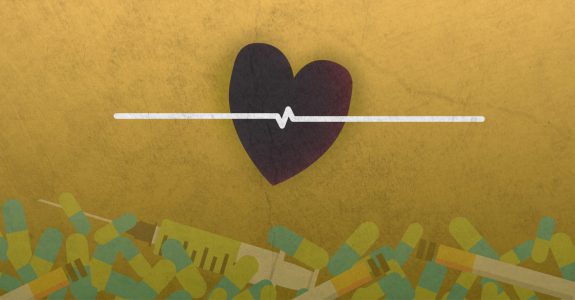Alex Cohen is the Director of Learning and Evaluation for the Richard M. Fairbanks Foundation.
Substance use is a significant problem in Indianapolis and across the state, and it often begins early. Intervening during school-age years, even as early as elementary school, has the potential to prevent substance use and put children on a path for success in school and as adults.
Fortunately, there are a number of school-based substance use prevention programs backed by strong, scientific evidence for lasting impacts on alcohol, tobacco, prescription opioids and other drugs, too. Many of these programs have also been shown to improve outcomes like academic achievement and attendance and address behavior issues like bullying, violence, fighting, delinquency and risky sexual behavior.
Studies of LifeSkills Training, for example, a program for middle school students, find students who receive the program are 28 percent less likely to smoke in a six-year follow-up and 66 percent less likely to use marijuana in a three-year follow-up. The program has also been shown to cause a 32 percent drop in delinquency and 26 percent drop in fighting in three-month follow-up. Positive Action, a program for elementary and middle school, has been shown to not just reduce drug use but also improve performance on state math tests by 51 percent and lower absenteeism by 15 percent.
To expand the use of these programs and others like them in Marion County schools, the Richard M. Fairbanks Foundation just launched रोकथाम के मामले. Through this $12 million grant initiative, we’ll provide support to help schools identify, implement and sustain proven substance use prevention programs across elementary, middle and high school grades.
For the initiative, we worked with prevention experts to identify those programs with the strongest evidence for lasting impacts on substance use and other outcomes, too.
Through रोकथाम के मामले, we’ll provide both funding and expert guidance from technical assistance providers to help schools identify evidence-based prevention programs that are a good fit for the students and staff in their buildings and develop a feasible plan for integrating these programs into the school curriculum.
By effectively and sustainably implementing proven prevention programs, schools can help improve academic and behavioral outcomes for their students and have lasting impact on substance use in Marion County. Learn more at RMFF.org/PreventionMatters.



